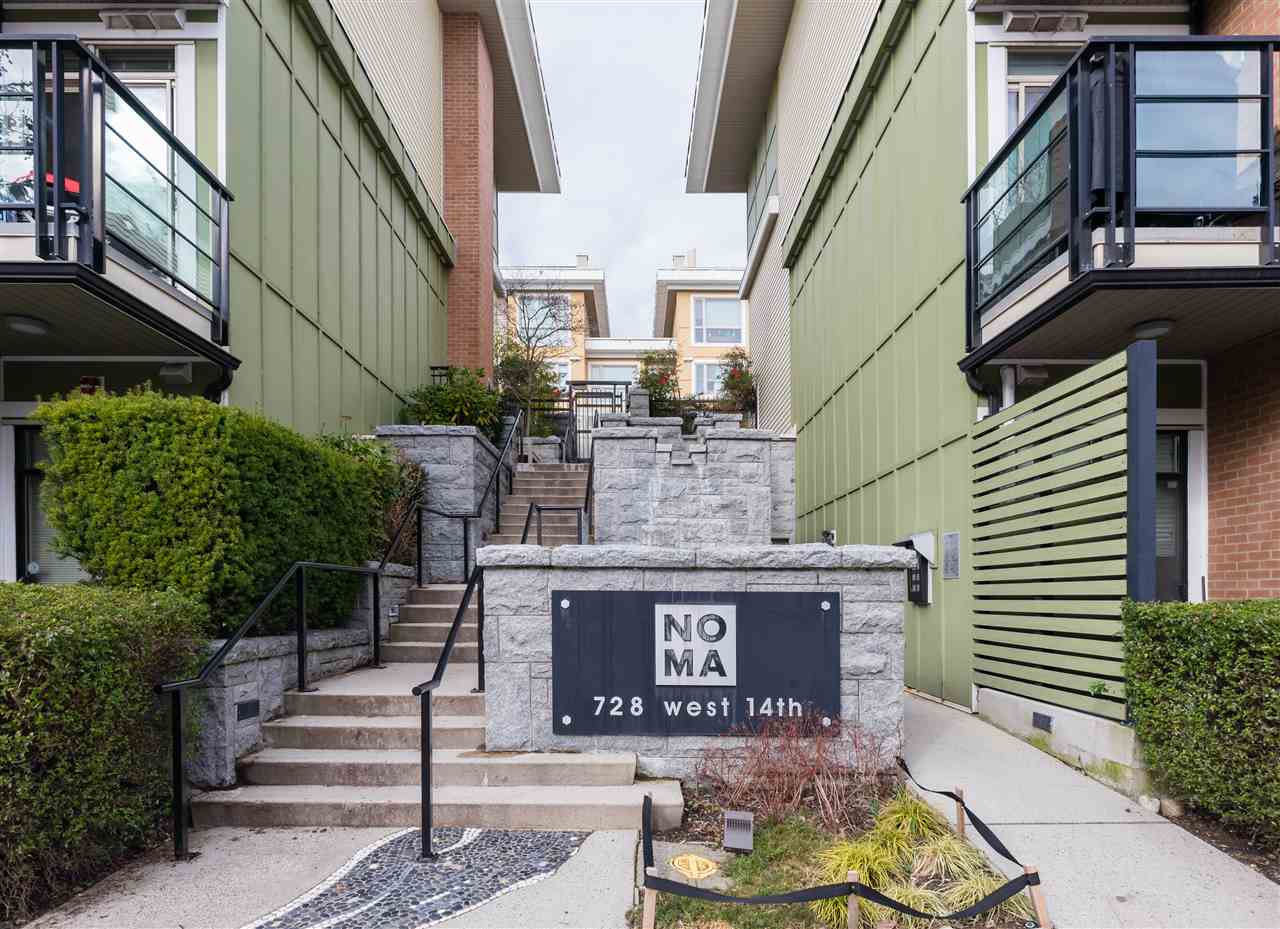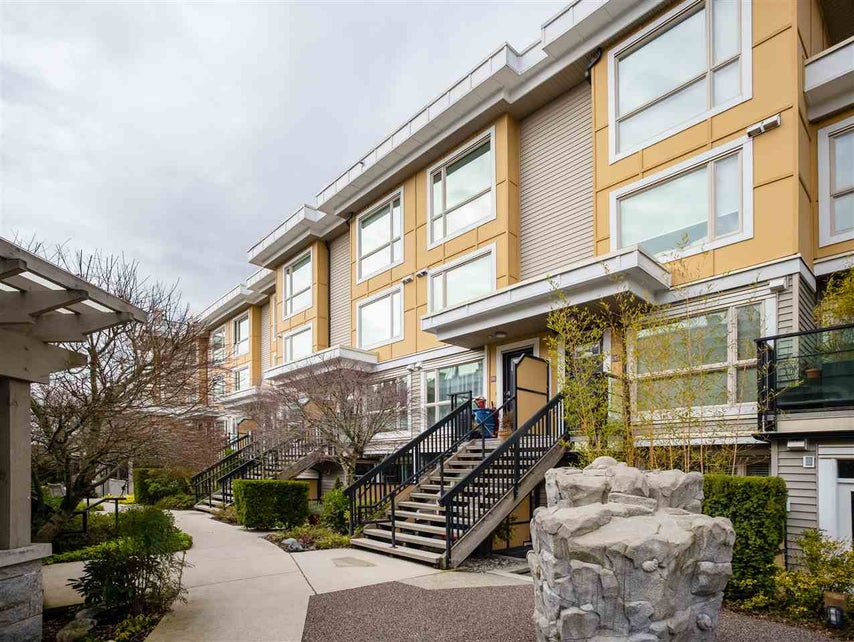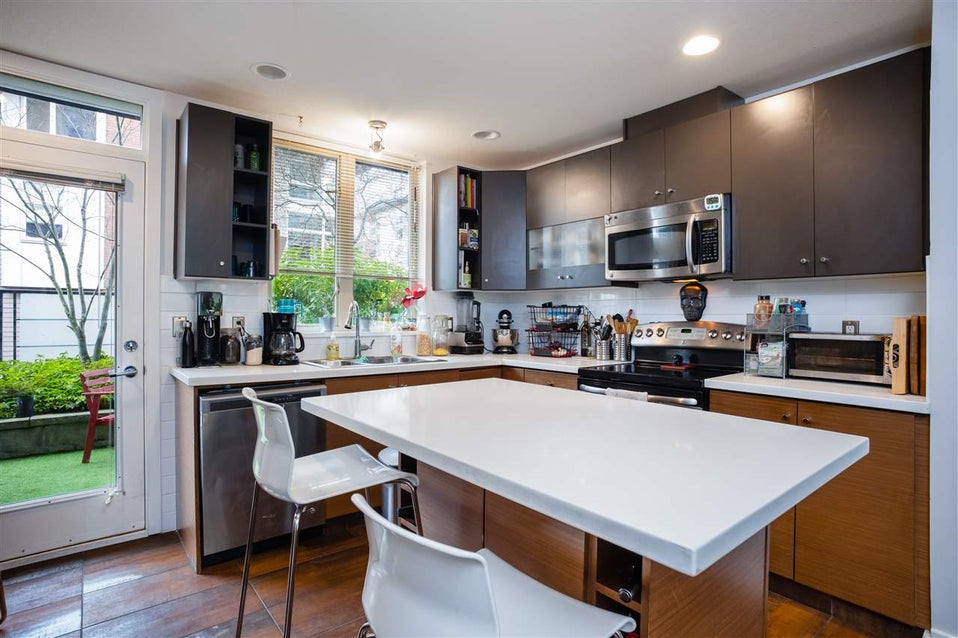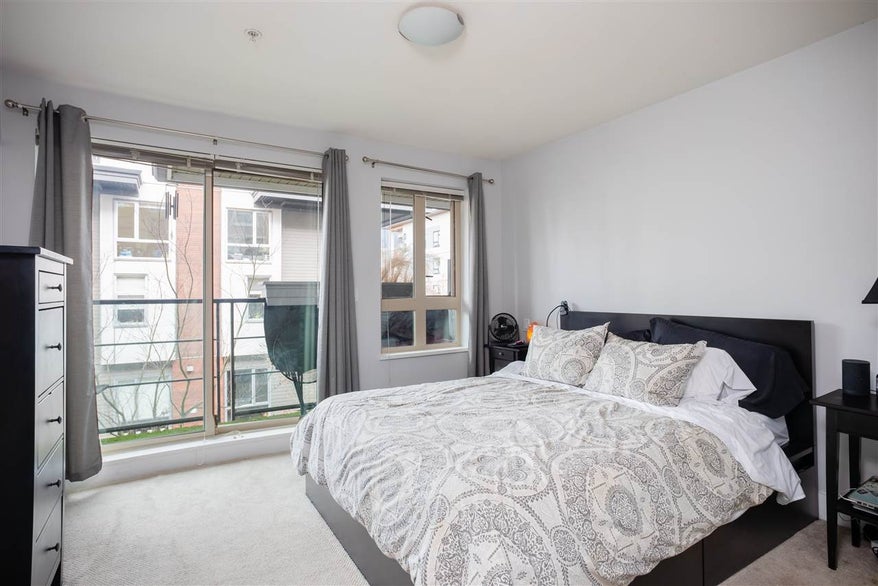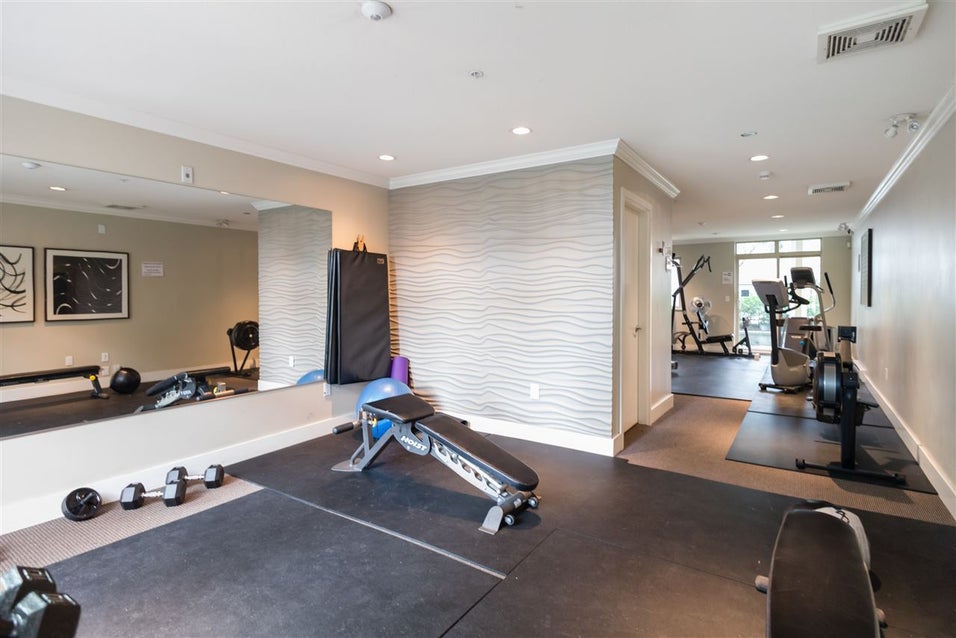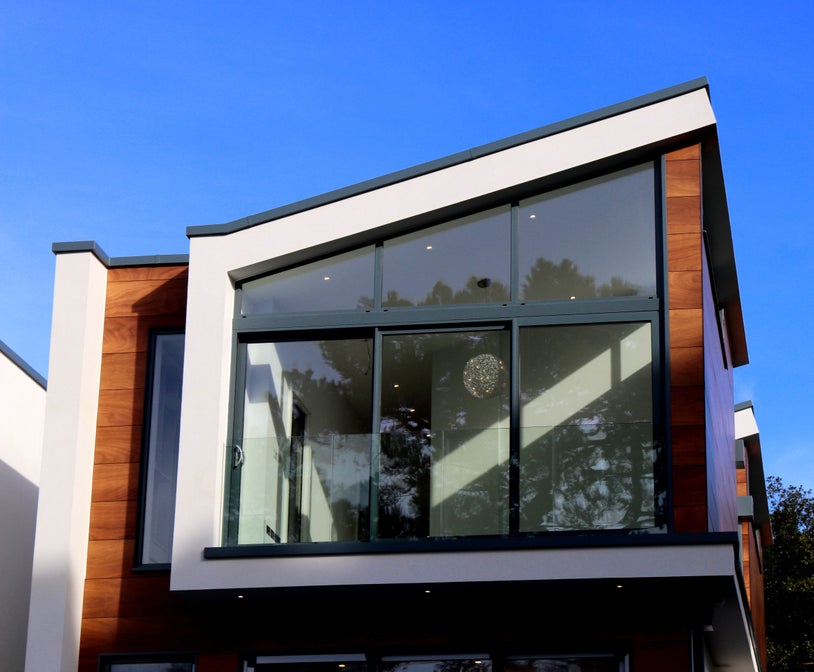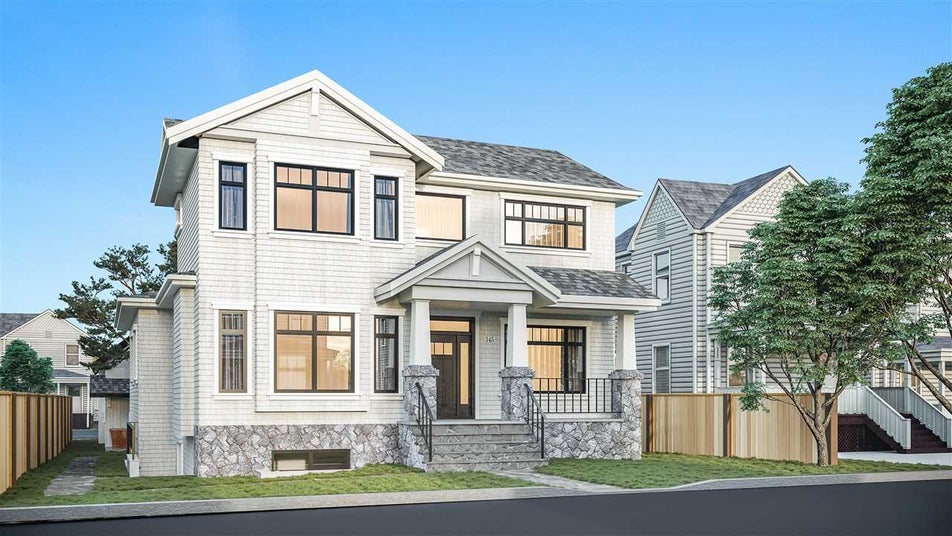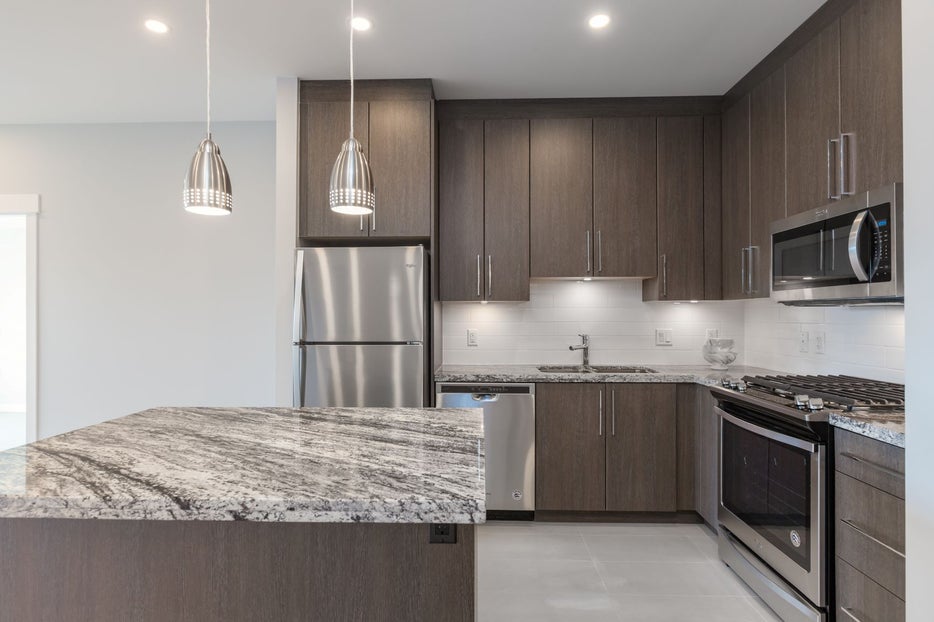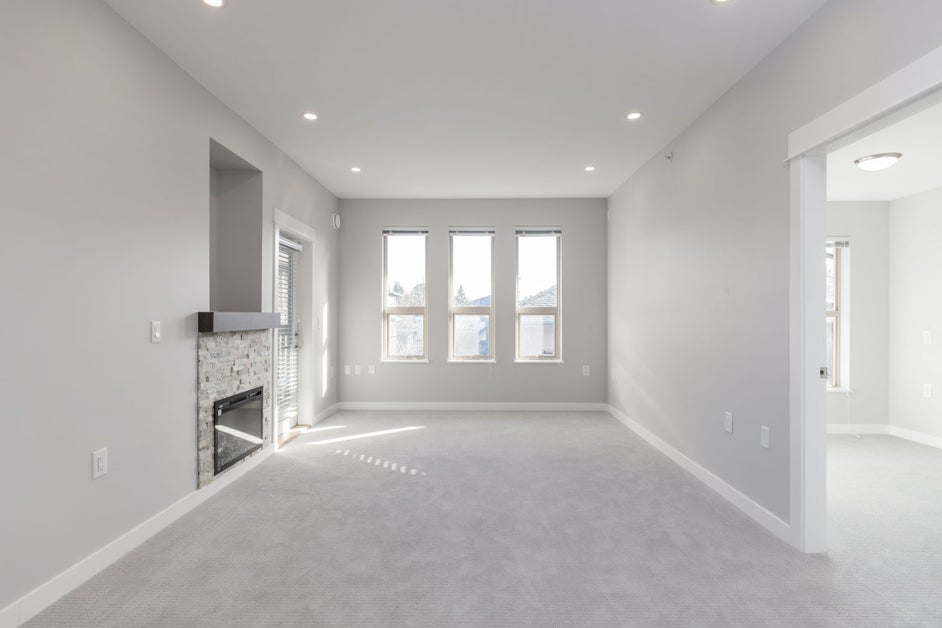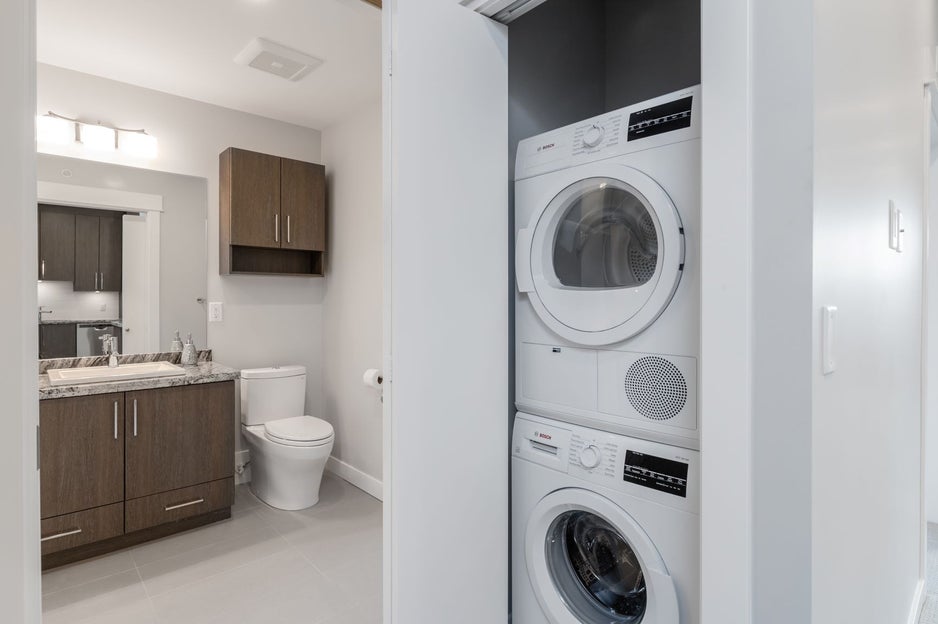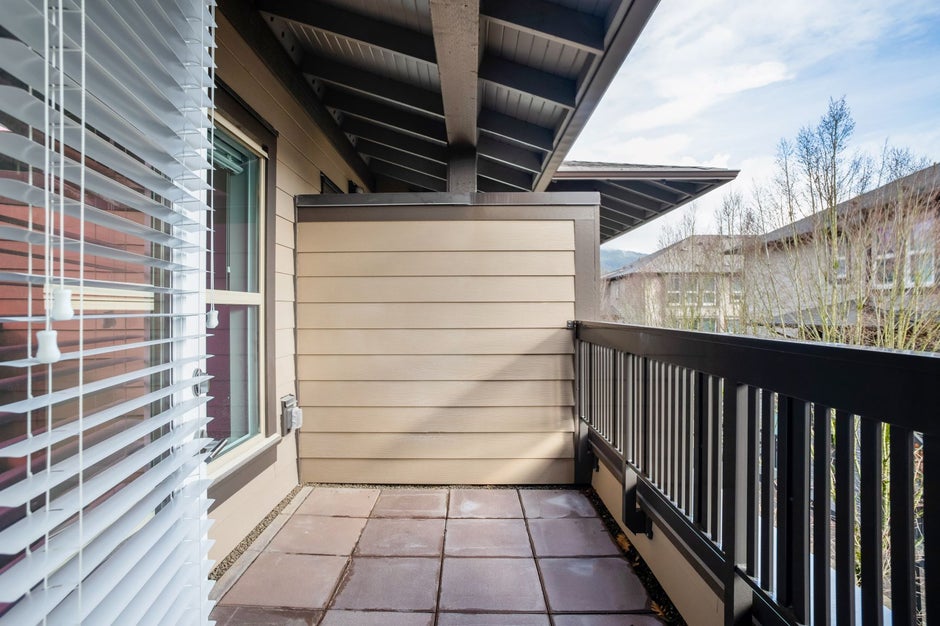 Closing costs are the fees, charges and disbursements you’ll be paying above and beyond the purchase price of your new home. They are typically paid on the day your purchase closes.
Closing costs are the fees, charges and disbursements you’ll be paying above and beyond the purchase price of your new home. They are typically paid on the day your purchase closes.
Review the list below so you can budget for closing costs, as well as for costs that will be incurred during the buying process:
Getting a home inspection will bring you peace of mind before signing on the dotted line. A certified home inspector will prepare a thorough report on the condition of the home you intend to buy, including its structural integrity and whether it has any electrical, plumbing, roofing, insulation or moisture problems. Inspections will take anywhere from 2-4 hours and will typically include a walk through of deficiencies with the inspector.
Some lenders may require an appraisal of the property you intend to buy. They want to know an approximate value of the property in the current market before they loan you the money to purchase it. If the appraised value of the home you want to buy turns out to be significantly less than the price you’re paying, the lender may not give you a mortgage for the full amount.
Before finalizing your mortgage, some lenders may require a current land survey of the property you’re buying. Again, this is to protect their investment by specifying exactly what it is you’re buying.
The GST on a new home, or one that has been substantially renovated, is 5% of its purchase price. If the home costs less than $350,000, a rebate of up to 36% of the GST is available. The rebate goes down progressively for homes priced between $350,000 and $450,000. Homes priced at more than $450,000 get no GST rebate. You have to apply for the GST rebate.
Many of the services associated with buying a home are also subject to GST, including appraisers, inspectors, lawyers, Notary Publics and your realtor.
Provincial Sales Tax doesn’t apply to most services except legal and notary fees.
When you buy a home in BC, you pay a property transfer tax of 1% on the first $200,000 of the purchase price plus 2% on the rest up to $2 million. If the purchase price of your home is more than $2 million, the PTT is 3%. If
purchase price is greater than $3,000,000 a further 2% of PTT added.
BUT if you’re a first-time homebuyer, you may be exempt from paying the PTT if the purchase price of your new home is less than $500,000. The exemption is reduced for homes priced between $500,000 and $525,000; after that, there is no rebate.
If you’re buying a newly-constructed home or condo, you may also be exempt from paying the PTT if the home is priced up to $750,000. The exemption goes down between $750,000 and $800,000, after which there’s no exemption.
If your down payment is less than 20 per cent of your total mortgage, you will need to get mortgage insurance. The insurance doesn’t really do anything for you; it protects your lender if you default on repaying you loan.
Mortgage insurance premiums are calculated based on the loan-to-value ratio of your mortgage and range from 0.6% to 3.85% of the total value of your mortgage. While it’s possible to pay for your mortgage insurance up front in a lump sum, usually the premiums are rolled into your regular mortgage payment.
Most mortgage insurance policies in Canada are provided by the Canada Mortgage and Housing Corporation, a Crown corporation. But there are private providers like Genworth Financial.
Now that you’re a homeowner, you’re going to need insurance. Most lenders require homebuyers to purchase home, fire and liability insurance. If you’re buying a strata condo or townhouse, the strata corporation that administers the building will also require owners to have insurance for their individual unit in addition to the strata’s coverage for the building as a whole.
Insurance should be effective on the completion date of the sale.
Another insurance option that may be considered is mortgage life insurance. While it’s not a requirement, it does help protect a family or estate by paying off the balance of the mortgage should the owner die or become disabled.
Title insurance is a one-time expense that will cost you $250-$350 on average.
If you’re purchasing a home with a known encroachment to a neighbouring property, unauthorized improvements such as a basement suite, or unpaid strata assessments, you may be required to purchase title insurance. This kind of insurance will also protect you against losses you may incur because of these known issues and even unknown problems like a fraudulent seller.
The coverage is for as long as you, or your heirs own your home. Premiums are based on property value and vary by province.
These are the expenses the current property owner may already have prepaid, like property taxes and utilities. Now that you’re the owner of the property, you’ll be assuming those expenses and reimbursing the seller’s prepaid portion. Your solicitor will give you a document called Statement of Adjustments before closing and it will list all the items and the amount associated with each adjustment.
Property Tax Adjustment: Generally, property taxes for the calendar year are paid at the beginning of July. If you purchase a property before July 1st, the seller will be paying you for the days they owned the home from January 1st to completion day. You then are responsible for the entire amount to be paid to the municipality on July 1st. If you purchase a property after July 1st, you will pay the seller for the days you own the property from completion day to December 31st, as they will already have paid the entire amount to the municipality on July 1st.
If you bought a strata condo or townhouse, you’ll be assuming the unit’s monthly strata fees. They’re usually due at the beginning of the month.
If your purchase closes in the middle of a month, you’ll reimburse the seller for their unused portion of that month’s strata fee.
A lawyer or Notary Public helps buyers navigate the legal requirements of buying a home like conducting a title search to ensure the property actually belongs to the person selling it and registering the sale at the Land Titles office.
You’re going to pay fees to hook up hydro, gas, cable and phone. Even if none of those utilities were never disconnected, you’ll still have to pay to have their accounts transferred into your name.
This one is totally up to you, and the requirements of your move. Hire professionals or recruit friends and family, rent a truck and order a bunch of pizzas.
For peace of mind, and to ensure the former owners don’t crash on your couch after forgetting they’d sold their home to you, get the locks to your new home changed.
For more information on closing costs or if you have any questions, please contact
Marco Pontillo.
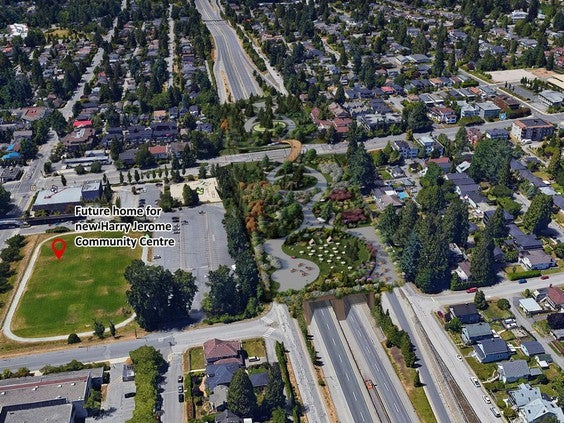 The city of North Vancouver's mayor, Linda Buchanan, has proposed an urban park stretching over Highway 1 near Lonsdale in order to bridge the north and south communities.
The city of North Vancouver's mayor, Linda Buchanan, has proposed an urban park stretching over Highway 1 near Lonsdale in order to bridge the north and south communities. 
